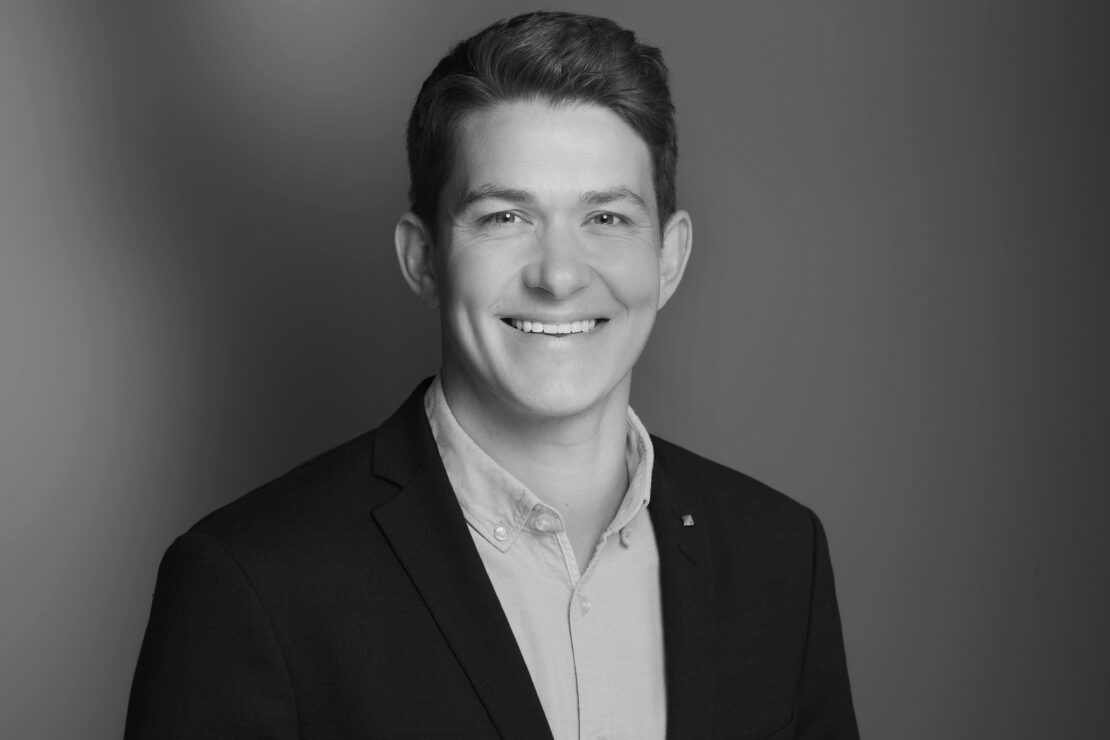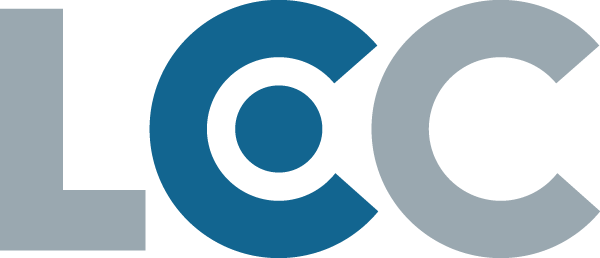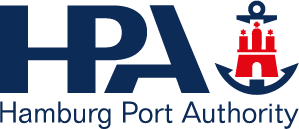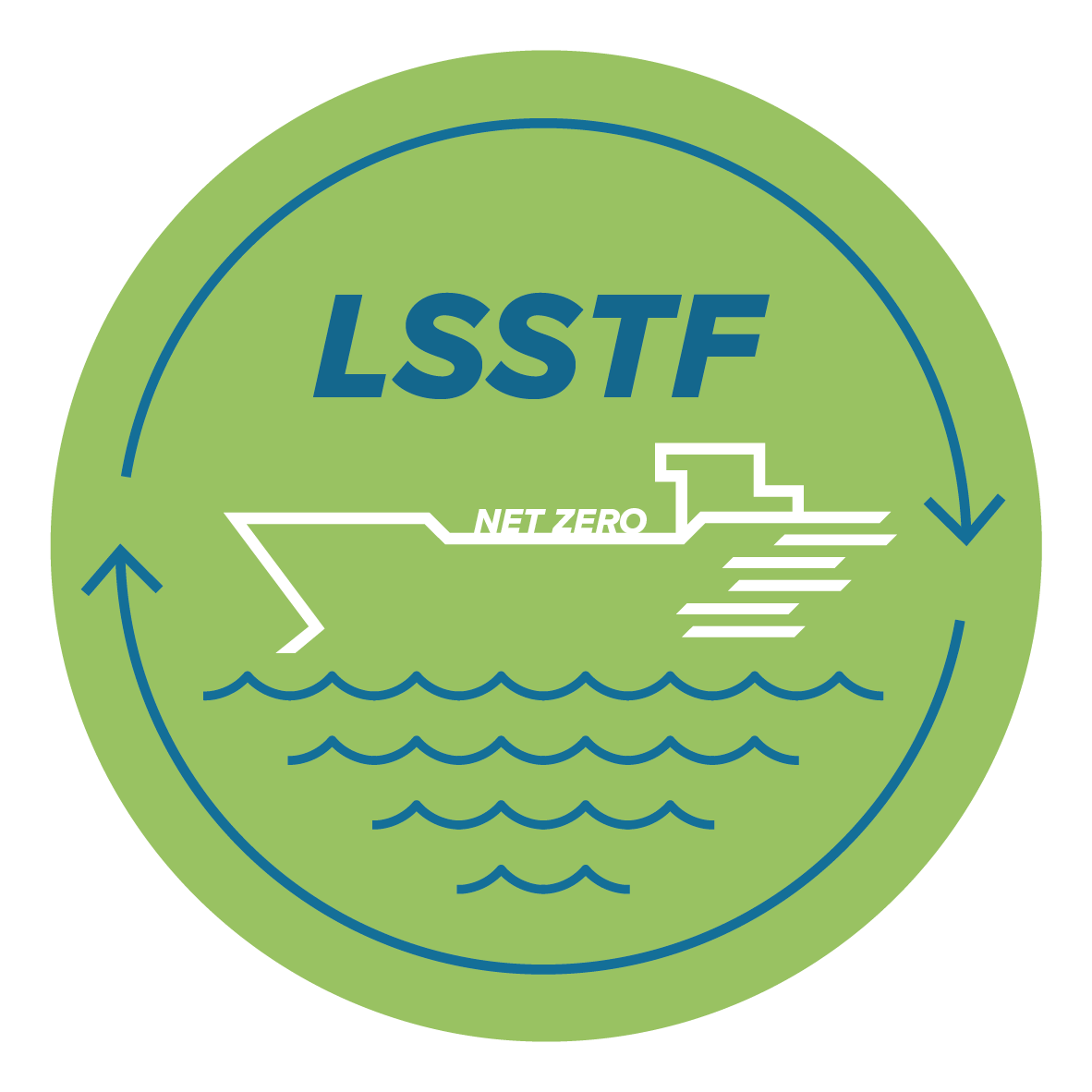Johannes Oeffner
CML Fraunhofer
Johannes Oeffner leads the team “Maritime Technologies & Biomimetic” at Fraunhofer CML. Johannes has a background in biology, biomimetics and fluid dynamics, shipping and hydro acoustics. Johannes has a Bachelor of Science in Biology and a Master of Science in Biomimetics and Fluid Dynamics. Prior to the CML, he was working as a hydro acoustics scientist at a research institute in New Zealand, participating in experimental research surveys and being involved in signal processing, data handling and analysis. Johannes has co-authored a number of scientific literature on biomimetics – i.e. on sensing and friction reduction -, fluid dynamics, hydro acoustics and autonomous navigation systems. He initiated and is coordinating the EU-Project AIRCOAT with the aim to develop a biomimetic air lubricating hull coating that reduce hull friction in order to reduce energy use and emissions of ships. The self-adhesive (not a paint) coating is based on bioinspired principle and targets to reduce friction and biofouling.

AIRCOAT EU Project – Air induced friction reducing ship coating: Key Results
Making ship propulsion more efficient is high up on the agenda of the industry sector, politics and
society. Today as never before, the maritime sector is in great need for sustainable new innovations.
This is to fulfil current decarbonisation regulations set by the European Green Deal, the International
Maritime Organisation, the UN Sustainable Development Goals and to align with climate change
policies such as the Paris Agreement and the International Panel on Climate Change. Drivers are also
companies own net zero emissions targets (e.g. Shell by 2050 or Maersk by 2040). Hence, novel
technologies that increase ship efficiency are required.
Several efficiency measures to reducing ship energy are available or under development, such as ship
hull form optimisation, speed reduction, route optimisation, solar power technologies or optimisation
of conventional propulsion devices to only name a few. Led by Johannes Oeffner, the project
coordinator of AIRCOAT, this session will focus passive air lubrication, bio-fouling removal as well as
machine learning induced energy scheduling technologies.
Statement: Besides reducing ship emissions via alternative fuel solutions, the sectors needs to open
up to innovative futuristic technologies (and their combination) in order to make shipping more
sustainable and efficient.



